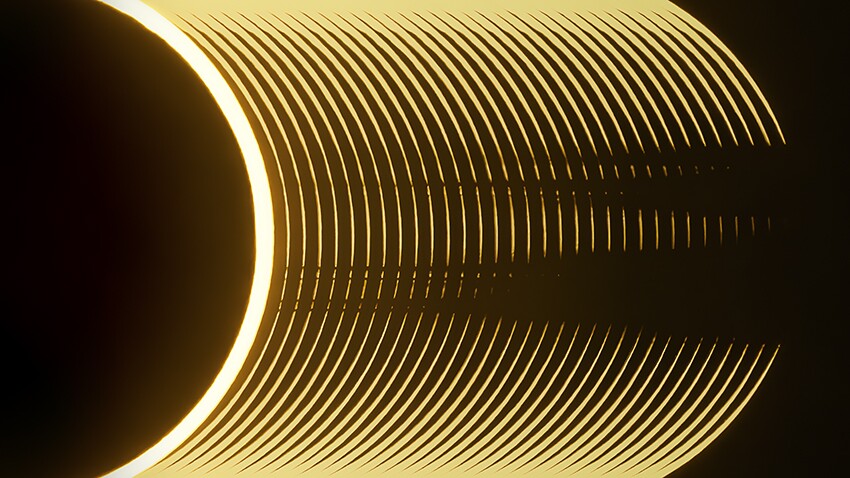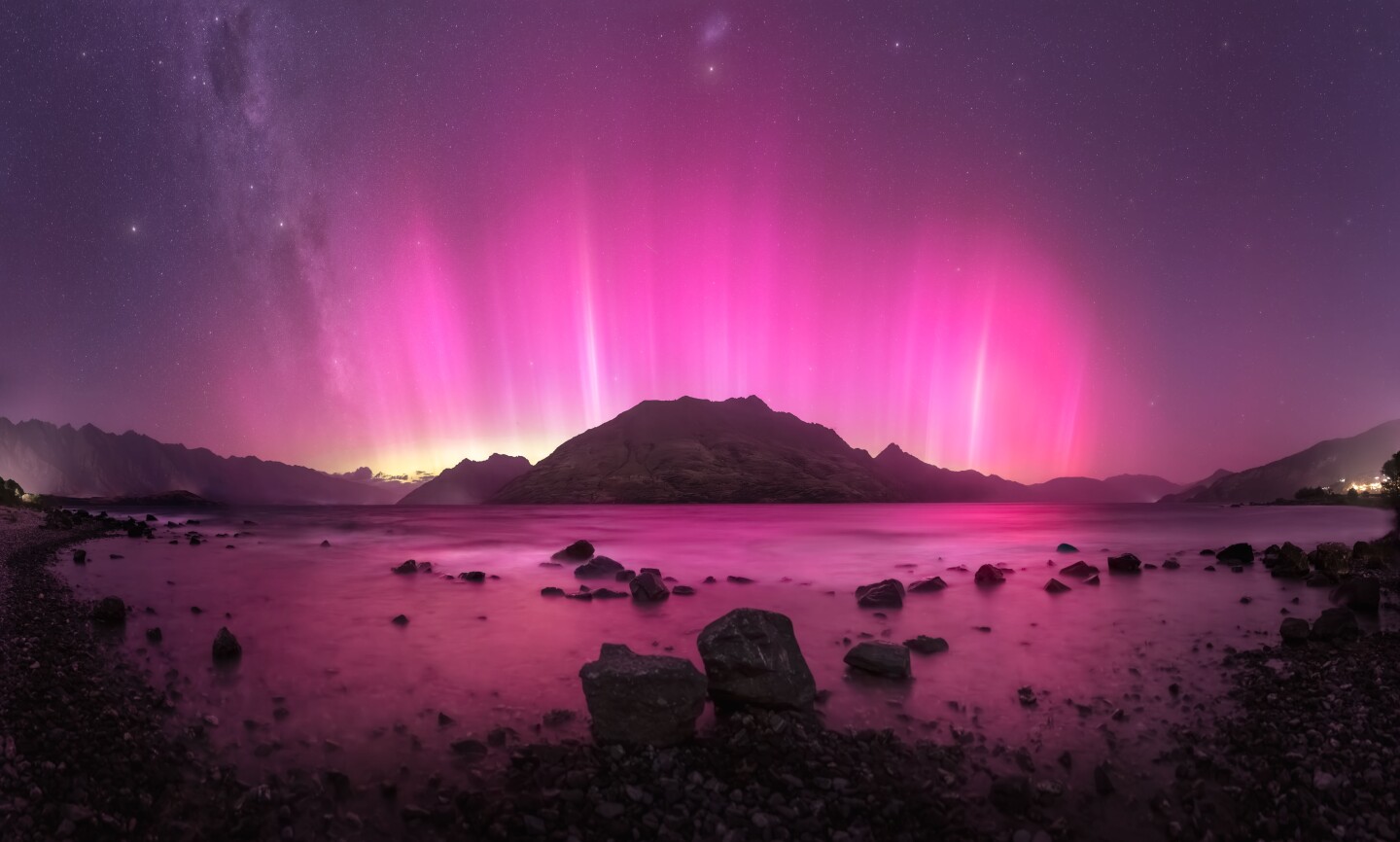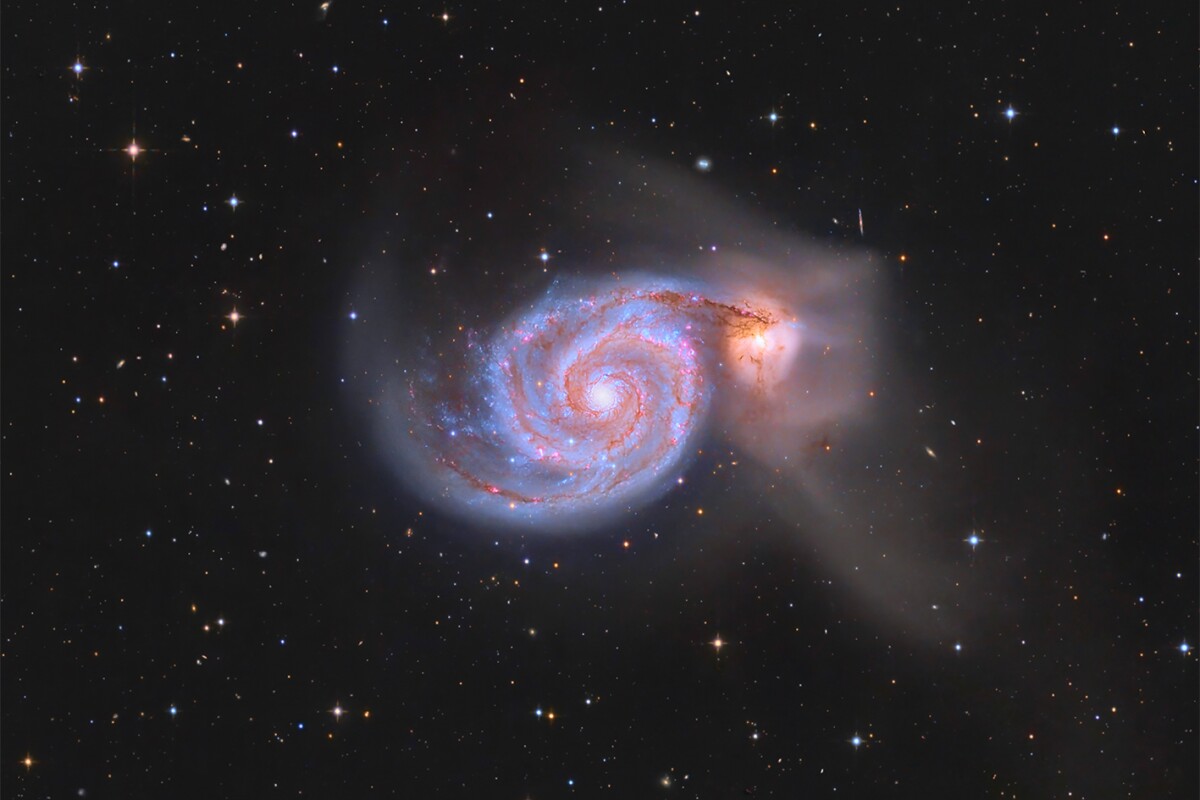The Royal Observatory has been running its astronomy photography competition since 2009, growing to become the largest of its kind in the world. Now in its 16th year, this latest competition attracted more than 3,700 entries from photographers in 58 countries.
Entries are submitted to eight main categories, including Aurorae; Galaxies; Our Moon; Our Sun; People and Space; Planets, Comets and Asteroids; Skyscapes; and Stars and Nebulae. In addition, there’s also a prize for the Young Astronomy Photographer of the Year, the Sir Patrick Moore Prize for Best Newcomer, and the Annie Maunder Prize for Image Innovation.

An overall winner is also crowned from the entries in the main categories. This year, that title went to Ryan Imperio for his image Distorted Shadows of the Moon’s Surface Created by an Annular Eclipse. It’s a composite image of over 30 separate shots of the Sun taken during the solar eclipse last October, showcasing a fleeting optical illusion called "Bailey’s beads." These are created as sunlight shines through the valleys and craters on the Moon’s surface, leaving a striking imprint in the eclipse’s rings.
"What an innovative way to map the Moon’s topography at the point of third contact during an annular solar eclipse," said competition judge Kerry-Ann Lecky Hepburn. "This image left me captivated and amazed. It’s exceptional work deserving of high recognition. Congratulations!"
Among the other winners is Queenstown Aurora by Larryn Rae. Intense solar activity resulted in more vivid aurora visible from lower latitudes than usual, including this stunning pink and red panorama captured in New Zealand.

Winning images are now on display in the National Maritime Museum in London, and will be included in a hardcover book as well.
Browse the winners and runners up in our gallery, and check out the full short lists of each category over on the competition’s website.
Source: New Atlas

